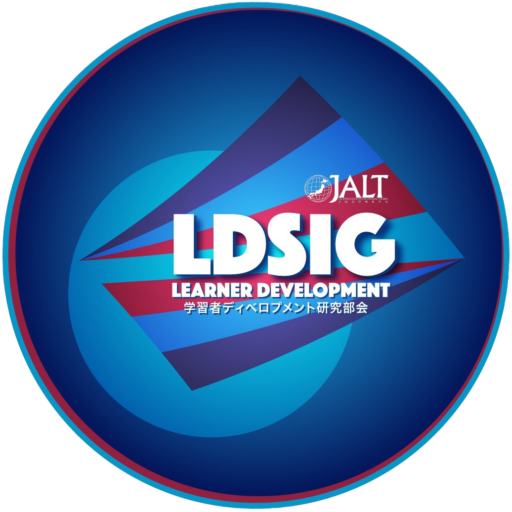January 2017
Greetings all,
& apologies for the long-dormant state of this, the Talking Points blog of the Learner Development SIG.
I am working on getting a reboot in motion, and to do so, sharing links from the IATEFL Research SIG. For more information, and to join the Re-SIG, please visit their web site: http://resig.weebly.com/online-discussions.html. The group is open to interested parties, and maintains a Yahoo!Group discussion list, which hosts regular online discussions on issues that will often be of interest to LD-SIG members: action research, teacher research, mentoring and learner advising, reflective practice, etc.
The current discussion, scheduled to conclude on 10 February is focused on recent reflective practitioner and practitioner research-oriented Editor’s Choice articles in the ELTJ. I am quoting liberally from Mark Wyatt in paragraphs below, and urge all interested SIG members to check out the articles and other resources, and to explore how these discussions might help you refine or reframe your own current research puzzles.
Discussion 1, which got underway on the 26th of January, focuses on the work of Steve Walsh and Steve Mann:
Walsh, S. and Mann, S. (2015). Doing reflective practice: a data-led way forward. ELT Journal 69(4), 351-362. http://eltj.oxfordjournals.org/content/69/4/351.full
To introduce this theme, Walsh and Mann (2015, p. 351) quote Dewey (1933, p. 15) as arguing that reflection is the ‘sole method of escape from the purely impulsive or purely routine action’.
They follow Dewey in emphasizing that reflection involves serious, active, and persistent engagement with a doubt or puzzle, and suggest the reflective process can be realized through the use of a systematic, structured approach, involving hypothesis testing.
- On the basis of your experience, do you agree with Walsh, Mann and Dewey about the importance of reflection?
- How have you engaged systematically with reflection in the past?
- If you are a mentor, how have you helped teachers reflect?
Schedule of themes to be discussed
- Days 1 and 2: The centrality of reflection (key text: Walsh and Mann, 2015).
- Days 3 and 4: Evidence of reflection and tools to support it (key text: Walsh and Mann, 2015).
- Day 5: Reflection and growth (key text: Yuan and Lee, 2015).
- Days 6 and 7: From reflection to research (key text: Yuan and Lee, 2015).
- Days 8-10: Forms of research available to classroom practitioners (key texts: Edwards and Burns, 2016; Hanks, 2015).
- Days 11-13: Benefits of Action Research (AR) and Exploratory Practice (EP) (key texts: Edwards and Burns, 2016; Hanks, 2015).
- Days: 14-16: Supporting teacher research (key text: Dikilitaş and Mumford, 2016).
Again, please see the Research SIG’s home page for links to the touchstone articles, and for more background on the IATEFL SIG’s activities and projects.
